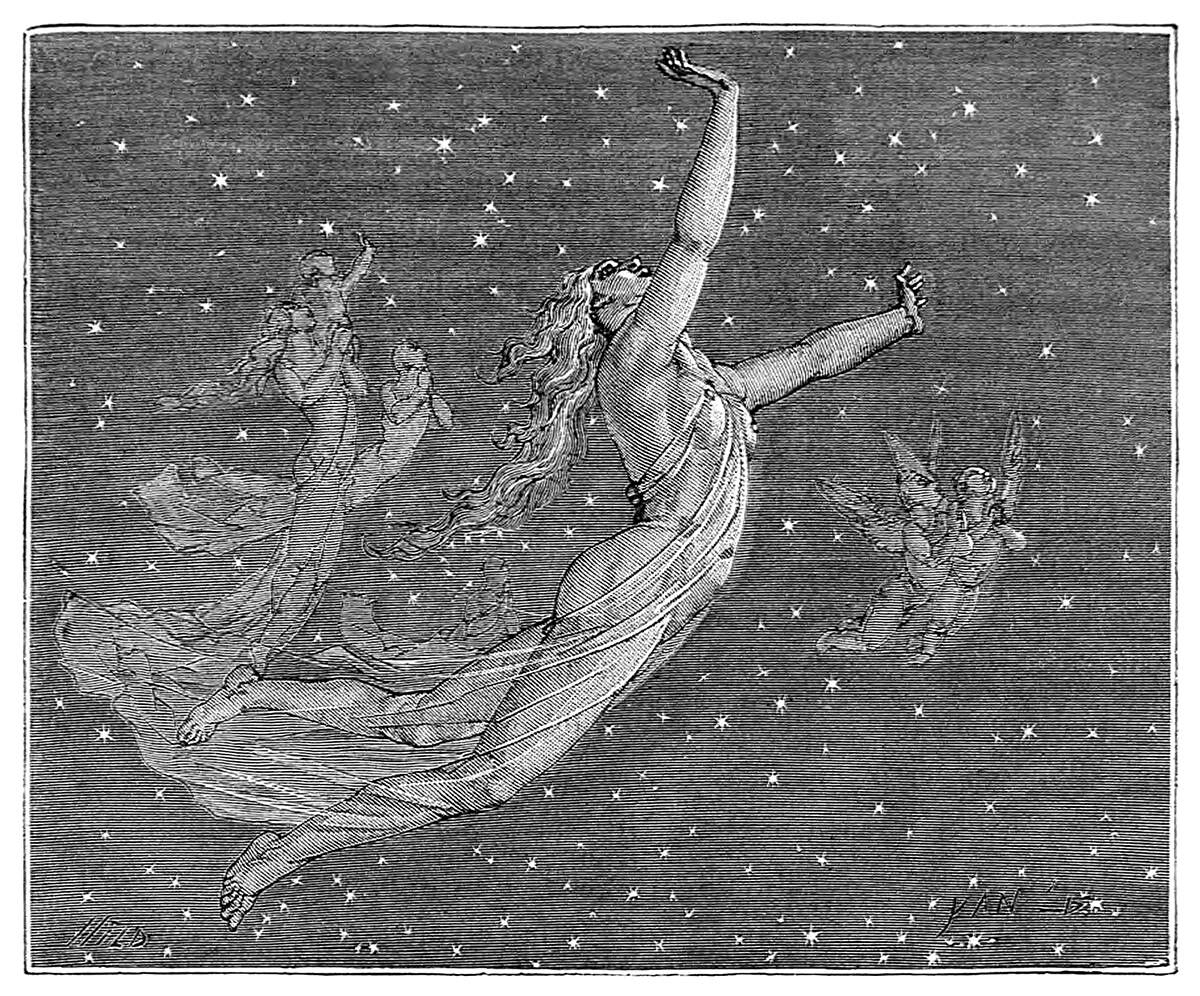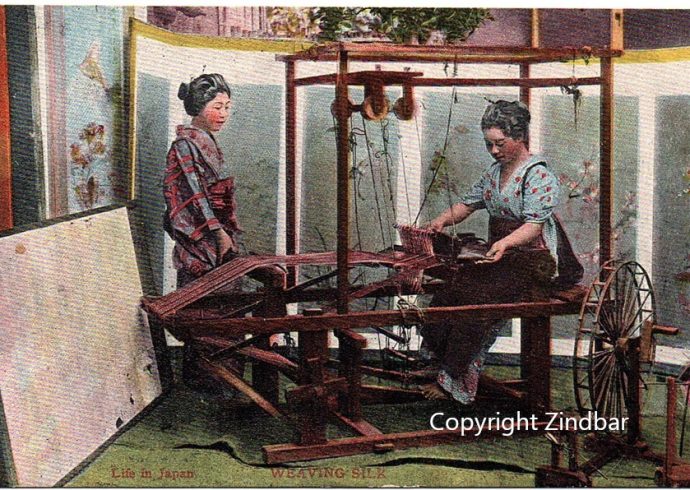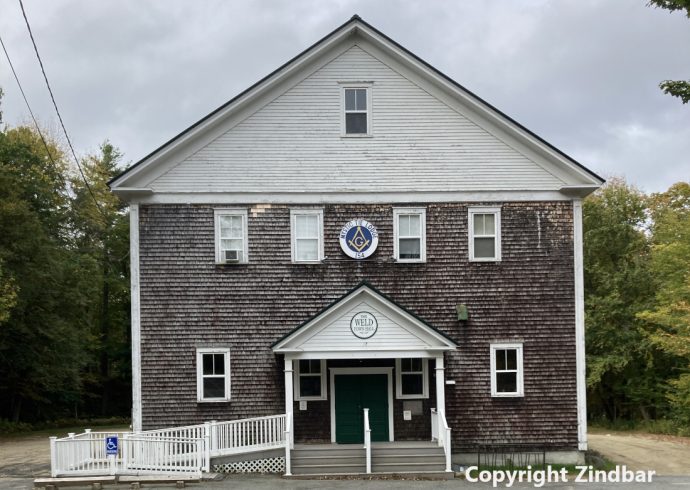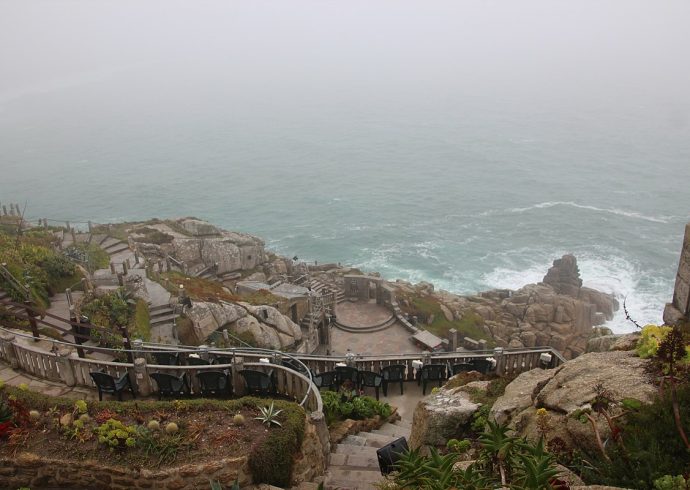
History of the Neverdies: A Christian church that believed in Reincarnation
Appalachian history has its share of unique customs, food, and religious beliefs and practices. The best-known religious practice is probably the snake-handlers, with West Virginia being the only state in the United States which allows the practice. But there was another, far more obscure church in West Virginia that was at its height during the 1970’s: the Neverdies, who believed in the immortality of the body as well as the soul through a series of reincarnations.
The Neverdies church was an offshoot of the Perfectionist Holiness religious movement which took place during the nineteenth century. Emerging from the Methodist church, the various Holiness movements soon became the signature for an austere Christian belief and lifestyle, one normally associated with the Amish and Anabaptists. From the earliest days of the Neverdies, the church followers number into the hundreds, perhaps not quite nine hundred, who gather in small wooden churches or homes throughout Virginia, West Virginia, and North Carolina.
Originally known as “Church of the Living”, a travelling preacher and former coal miner by the name of Ted Oiler proclaimed the doctrine of reincarnation to Appalachians fascinated by what seemed to be a new belief in the region. In reality, Oiler obtained the idea from a Disciples of Christ Church preacher, Levi H. Dowling, who authored “The Aquarian Gospel of Jesus the Christ” (1908). Dowling remained the proponent of what is referred to as New Age beliefs since the early twentieth century. Mysticism, astrology, apocryphal scriptures like the “Gospel of James”, and karma all became part of the new theology, most likely in an attempt to reconcile the missing years of Jesus’ life with Eastern religious thought. It is unknown if Oiler actually read Dowling’s landmark book, although chances are he heard about reincarnation from a speech during his early circuit days.
How would something as foreign as reincarnation fit in with Appalachian Christianity? One may as well ask how the snake-handling churches established their central theology around their peculiar practice. What needs to be noted about Appalachia is that, like the Ozarks, it really is a separate world in so many ways. There was no shortage of superstitions, for example, and even religious practices which would appear to strange to outsiders. For example, using the Psalms in folk magic, or other prayers from the Bible for medical healing.
Following Ted Oiler, William Henry Holstine became pastor at Everlasting Gospel Tabernacle church in Charleston, West Virginia. Holstine became a highly effective preacher in favor of the Neverdies doctrine of reincarnation, often sharing his experience with the congregation. He claims he lived as five different people on earth, according to an article in The Miami Herald dated April 22, 1973.
To the Neverdies, it is not just the immortality of the soul, but the immortality of the human body, which undergoes a series of reincarnations until it becomes fully immortal. Perhaps more importantly, like the Pentecostal churches which stress the emotional religious experience, the Neverdies found that believing in reincarnation gave them the hope that a future life would be a better life for them.
Historically, emotional religious experience has been dominant in Appalachia for a few reasons. The main one is lack of educational resources which might provide clear-cut Christian doctrines more commonly seen in mainstream Protestant, Catholic, and Orthodox churches. To the Neverdies as well as the snake handlers, each religious experience is highly personal. It is the simple beliefs which the Appalachian people can relate to, with Jesus as the focal point, regardless if the church members handle snakes or subscribe to a belief in reincarnation. For church members, the Biblical patriarch Enoch was the first of the Neverdies, who did not see death but was instead translated to heaven (Genesis 5:21-24).
It remains unknown how many Neverdies have survived into the twenty-first century since the last report of them in the early 1970’s. Perhaps there is only a handful, or even a single family, carrying on a belied in Christian reincarnation.
Henry Holstine died in 1975 at the age of 56. His obituary in The Charleston Daily Mail dated December 1, 1975 mentions he worked as a custodian at a local junior high school.
Information about Ted Oiler online is very scant. Both the Beckley Post-Herald and The Raleigh Register of West Virginia, sharing the same published date of October 20, 1961, mention a Rev. Ted Oiler preaching at Bakers Chapel Church located at Ninth Street, East Park, in Huntington. Oiler lived in Gauley Bridge at the time. It is unknown what happened to Ted Oiler during his later years. The website Find a Grave lists a Rev. Ted R. Oiler whose resting spot is in North Carolina, with the recorded dates of 1904-1986, which falls within the date range of when he started his career as a preacher and starting the Neverdies movement.
Image Credit: Engraving by Yan’ Dargent, 1824-1899, France. From “The Divine Comedy” by Dante, Paris: Garnier Frères, 1870


